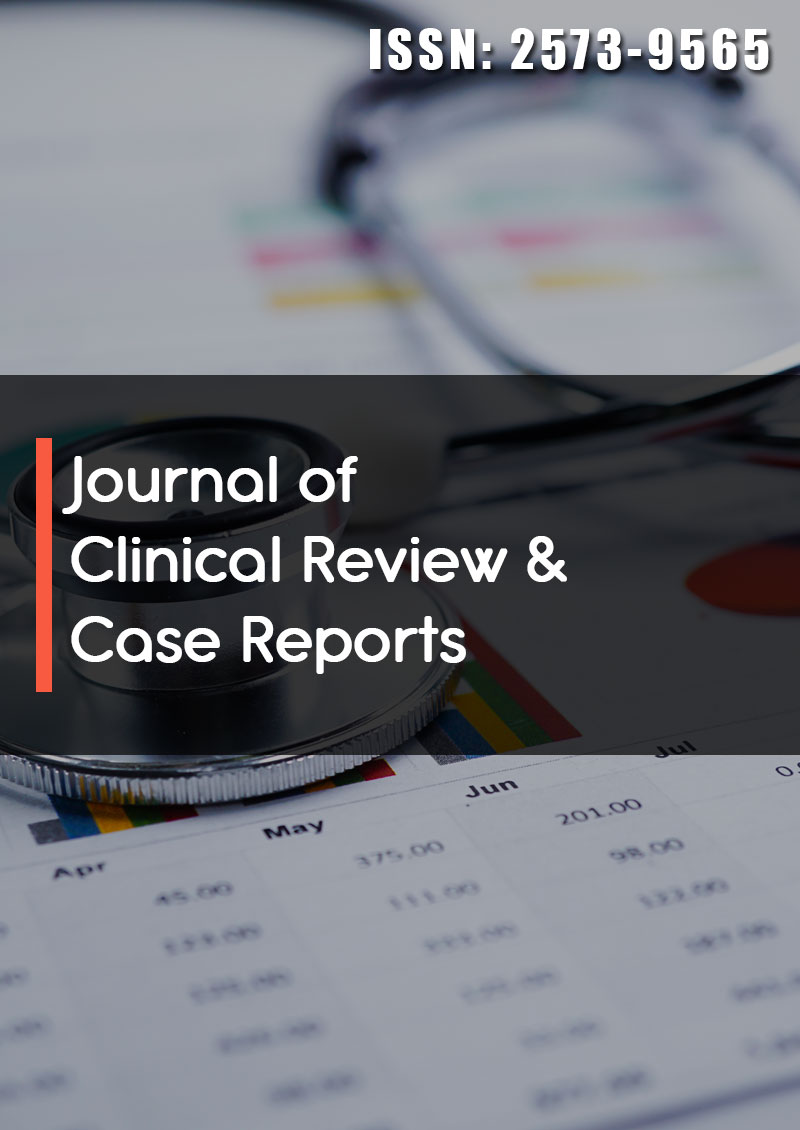Microbiota Innovative Management Modalities in Mastering a Healthy Gut Feeding Update
Abstract
Said MM El Deib and Amr I M Hawal
Introduction: Our mini review aims to state the evidence-based effect of the implementation of newborn infant nutrition with prebiotics and probiotics has been demonstrated in changing microflora composition toward the desired breast-feeding pattern and stimulating immune response Considerable efforts have been made to mimic the composition of human milk by the addition to formula feeding of living bacteria (probiotics), non-digestible fibers, nucleotides and oligosaccharides (prebiotics), and bovine lactoferrin in order to induce a breast-fed-similar microbiota colonization in formula-fed infants, with the final aim to stimulate the maturation and proper function of the immune system Several studies performed in the past decades have clearly demonstrated the complexity of gut microbiota composition and the modulatory effect played by several endogenous and exogenous factors on it. Type of feeding in the first months of life appears as one of the most important determinants of the child and adult well-being, and its protective action seems to rely mainly on its ability to modulate intestinal microflora composition at early stages of life. Diet has a dominant role over other possible variables such ethnicity, sanitation, hygiene, geography, and climate, in shaping the gut microbiota. In recent years, the implementation of milk formula with prebiotics, probiotics, and lactoferrin has been demonstrated to change newborns’ microflora composition toward breast-feeding pattern and stimulate immune response
Conclusions: The aim of this Mini Review is to elucidate the specific immunologic role of the human milk-associated microbiota and its impact on the newborn’s health and life, highlighting the importance to properly study the biological interactions in a bacterial population and between the microbiota and the host. This mini review discusses the composition of human milk and its biological benefit for infants. Additionally, we also discuss how these beneficial effects can be mimicked if breastfeeding is not possible. And to highlight the specific and fundamental role of human milk-associated bacteria in modulating and influencing the newborns’ immune system during their life.



